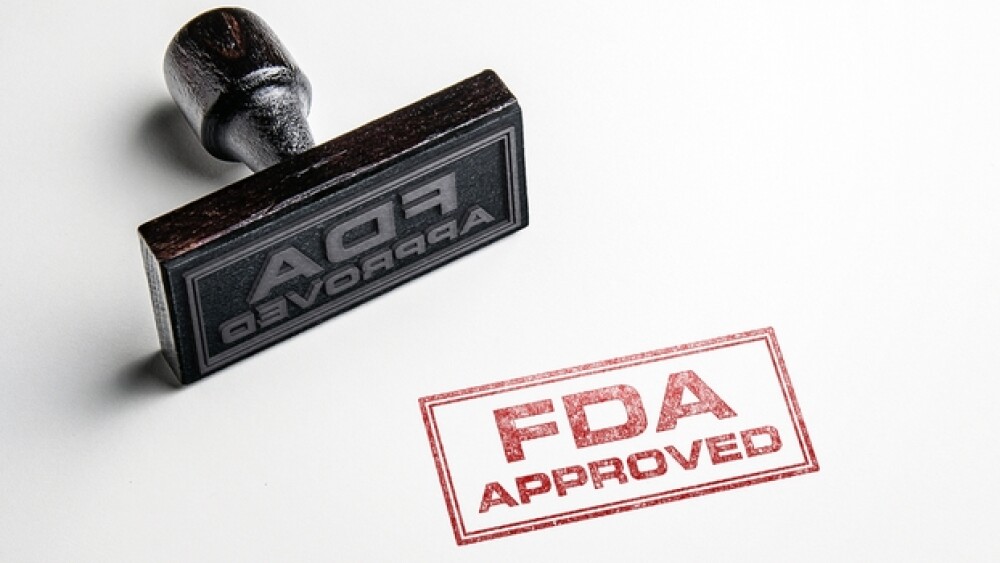The approval was based on a New Drug Application (NDA) submitted under the 505(b)(2) filing pathway.
Biogen and its partner Alkermes announced that the U.S. Food and Drug Administration (FDA) gave the thumbs-up to Vumerity (diroximel fumarate) for relapsing forms of multiple sclerosis, to include clinically isolated syndrome, relapsing-remitting disease and active secondary progressive disease.
The approval was based on a New Drug Application (NDA) submitted under the 505(b)(2) filing pathway. The NDA included data from pharmacokinetic (PK) bridging studies that compared Vumerity and Biogen’s Tecfidera (dimethyl fumarate) to establish bioequivalence. It depended in part on the FDA’s findings of efficacy and safety for Tecfidera.
The 505(b)(2) filing pathway was created by the FDA to allow NDAs that contain one or more investigations that weren’t conducted by the applicant and “for which the applicant has no right of reference.”
“The FDA’s approval of Vumerity delivers on Biogen’s commitment to pursue new therapies that may provide meaningful impact for people living with relapsing MS, and we look forward to bringing it to the MS community as an additional treatment option,” said Alfred Sandrock, Jr., executive vice president, research and development, and chief medical officer at Biogen. “Vumerity is a novel fumarate that offers the well-characterized efficacy of Tecfidera (dimethyl fumarate) and has been studied for improved patient-reported gastrointestinal tolerability.”
Biogen holds the exclusive, global license to commercialize Vumerity and plans to market it in the U.S.
In addition to using FDA data and the PK bridging studies, the NDA also included interim exposure and safety results from EVOLVE-MA-1, an ongoing Phase III trial of Vumerity in patients with relapsing-remitting MS. The interim data from EVOLVE-MA-1 used at the time of the NDA submission included a low overall rate of treatment discontinuation from adverse events. Less than 1% of the patients stopped using Vumerity from GI side effects. Additional efficacy endpoints in the trial showed changes in clinical and radiological measures similar to baseline.
“MS is a heterogeneous disease, and real-world patient circumstances can vary, reinforcing the benefits of having therapeutic choices to support the diverse range of treatment considerations,” said Robert Naismith, professor of neurology, Washington University School of Medicine in St. Louis. “Throughout its clinical development program, Vumerity has demonstrated a desirable therapeutic profile, making it a compelling new option for patients.”
As a result of the approval, and as part of their licensing deal, Biogen will pay Alkermes $150 million as a milestone payment. Biogen will amortize the payment over the expected useful life of Vumerity. Alkermes is also eligible for mid-teens percentage royalties on worldwide net commercial sales of the drug.
“The approval of Vumerity for relapsing MS marks the culmination of a multi-year development program and is the latest milestone in our mission to develop new treatments for patients living with chronic central nervous system disorders,” said Craig Hopkinson, chief medical officer and senior vice president of medicines development and medical affairs at Alkermes. “We are grateful to the patients and study investigators who have participated in our Vumerity clinical trials and we look forward to working with our collaboration partners at Biogen to make this new treatment available to patients.”
Biogen shares rose 2.86% at the news, with Alkermes stock climbing 10.99%.





